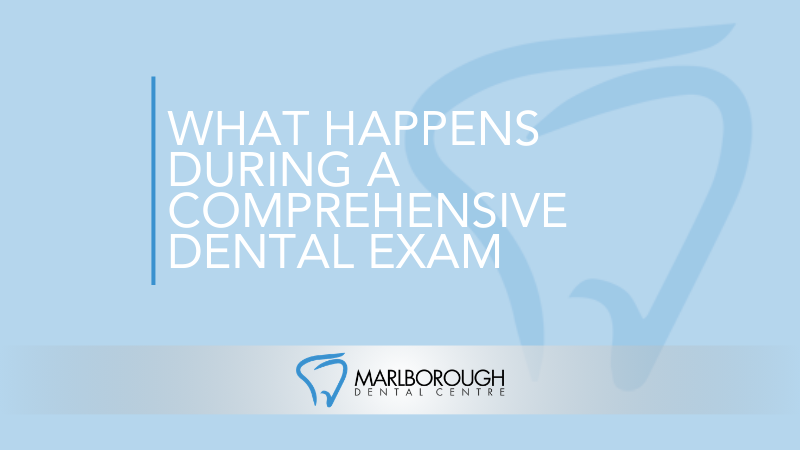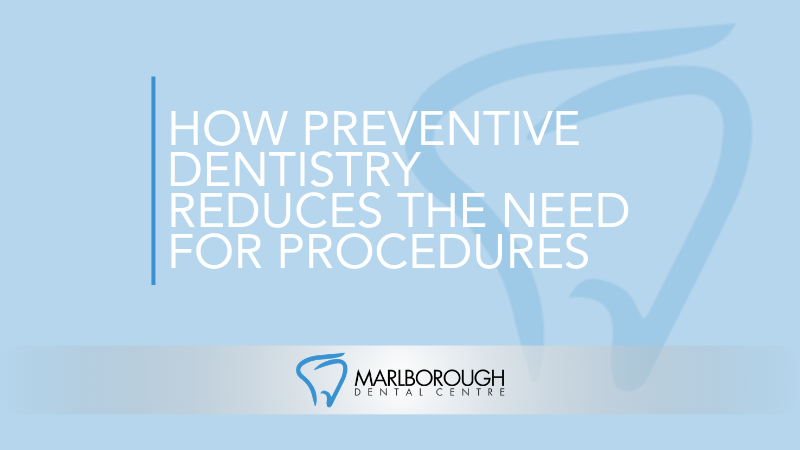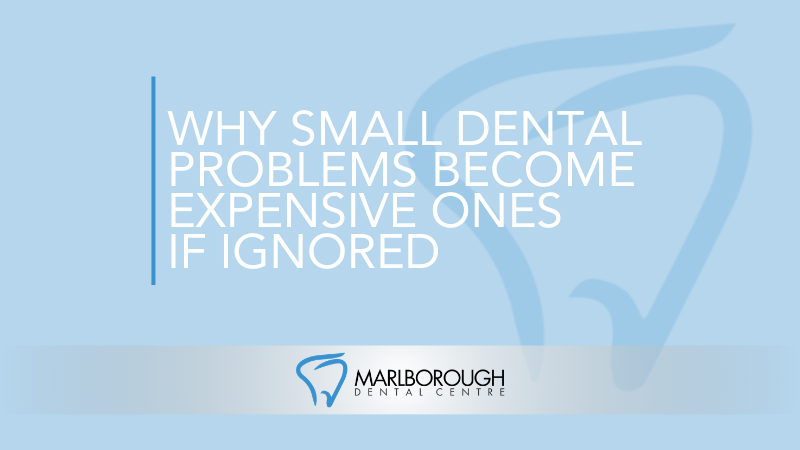How To Determine When To Get Braces
Tooth And Jaw Development. Before a child can get braces, they need to have all of their adult teeth. This is the most important and obvious sign that a child is ready for braces, as their teeth will still be moving and adjusting as adult teeth come in. Jaw bone strength and development are not as obvious, but they can make the process of moving teeth much easier. When the jaw bone is not completely developed, teeth can move around with much more ease, making the braces process faster and more comfortable.
Evaluation Versus Getting Braces. Even though your child might not get braces until 10 or 14, they can have an orthodontic evaluation at age 7. This evaluation can help you determine if your child will have any orthodontic challenges and if braces will be recommended in later years. Going for this evaluation will allow you to discuss with the orthodontist the age at which your child may need braces.
The Age For Braces Depends On The Treatment. Braces aren’t the only way to correct tooth alignment and jaw issues. If your child has severe protrusions or other severe dental alignment problems, they may need what’s called a two-phase plan, which would require them to start treatment earlier so that they can then be in the second phase of the plan around the typical time when a child would get braces. Braces are also offered as traditional braces with brackets and wires, but Invisalign® is becoming increasingly common. Both of these options are effective, and the type that will be most beneficial for your child should be discussed with your dentist and orthodontist.
There Is No Age Limit For Braces. Having a young, not yet fully-developed jaw may make braces easier and the process of moving teeth quicker, but braces can also be effective on a fully developed jaw. Braces will adjust the teeth and jaw regardless of age, so you don’t have to worry about not getting braces for your child and regretting it later. They can still get braces into their late teens and onward. In fact, it is becoming increasingly common for adults to get braces, with many people opting for the subtle look and convenience of Invisalign®. Although the process is easier for children, braces are a highly effective orthodontic tool for anyone of any age.
Marlborough Dental Centre Offers Top Quality Dental Care For Children
The best way to know if your child is ready for braces is to discuss with a dentist who offers children’s dental care. The team at Marlborough Dental in NE Calgary has years of experience in pediatric dentistry and we also offer convenient Invisalign® services. When you come in for a check up for your children’s dental care, you can discuss your children’s orthodontic health and Invisalign® at the same time. If you would like to schedule an appointment at Marlborough Dental, either call 1-403-248-2066 or fill out the online contact form.
FAQ
Q: Does Invisalign® hurt?
A: Invisalign® treatments do not cause pain. However, like any orthodontic treatment, you may feel slight discomfort when you first start using the aligners as your teeth get used to the pressure and tightness.
Q: How long are Invisalign® treatments on average?
A: On average, Invisalign® treatment time is between 12-18 months.
Q: When should my child start losing their teeth?
A: Children should lose their baby teeth somewhere between the ages of 6 and 12. If your child is over 12 and still has one or more baby teeth, visit Marlborough Dental Centre in NE Calgary or schedule a dental exam and determine the proper course of action.




